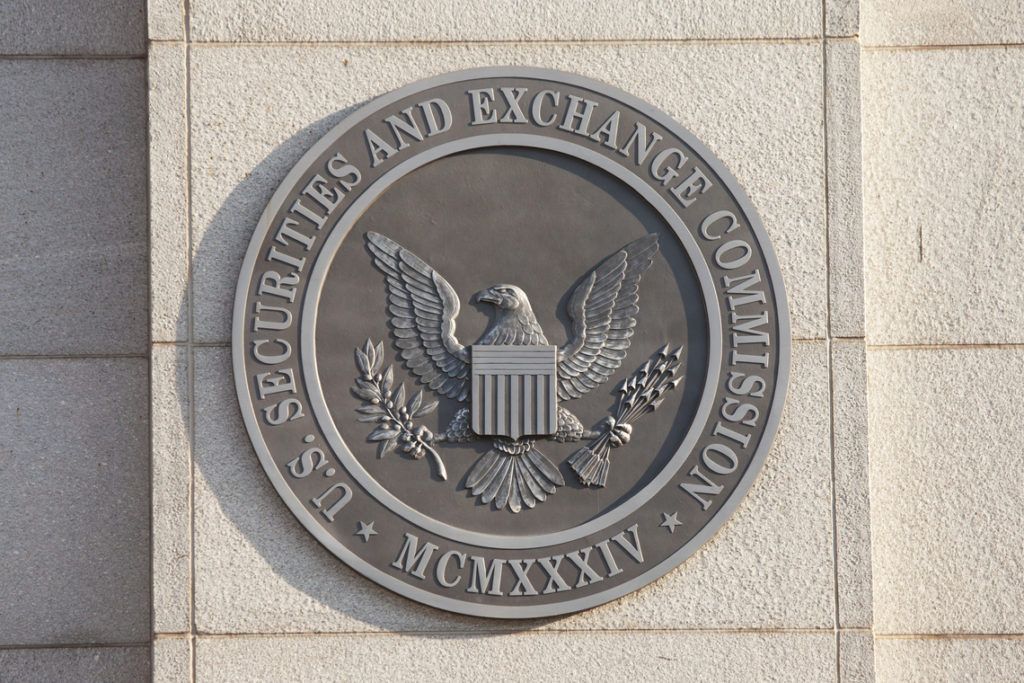The U.S. Securities and Exchange Commission (SEC) has just released a long-awaited statement on the regulatory status of digital assets, providing a new unofficial framework for identifying and recognizing potential security tokens/coins.
The framework was published by the SEC’s Strategic Hub for Innovation and Financial Technology. Pulling out the key points of the new framework, we found the following;
Key Points
- Forcefully limiting supply or ensuring scarcity, such as through token burns and buybacks can be considered ‘Reliance on the Efforts of Others’ potentially satisfying a condition of the ‘Howey Test.’
- If a core team is mostly responsible for the development and growth of the digital asset value, so as to present a reasonable expectation of profit for its holders, then the asset may be a security.
- If the digital asset price is solely, or mostly driven by external market forces, then this not usually considered a reasonable expectation of profit.
- If the digital asset was previously a security, but now no longer appears to be one, e.g. if the development efforts of the team no longer leads to a reasonable expectation of profit, then it may need to be re-evaluated.

In Recognition of the Future
In the release, the SEC states that while it is clear that marketing structures are evolving, those looking to participate in this market must be aware that their activities may fall under its jurisdiction. In particular, the SEC states that with regards to digital assets, entities involved in the following activities may be subject to regulation and oversight:- Offering, selling or distributing
- Marketing or promoting
- Buying, selling, or trading
- Facilitating exchanges
- Holding or storing
- Offering financial services such as management or advice
- Other professional services
Image courtesy of Shutterstock.
Disclaimer
In adherence to the Trust Project guidelines, BeInCrypto is committed to unbiased, transparent reporting. This news article aims to provide accurate, timely information. However, readers are advised to verify facts independently and consult with a professional before making any decisions based on this content. Please note that our Terms and Conditions, Privacy Policy, and Disclaimers have been updated.

Daniel Phillips
After obtaining a Masters degree in Regenerative Medicine, Daniel pivoted to the frontier field of blockchain technology, where he began to absorb anything and everything he could on the subject. Daniel has been bullish on Bitcoin since before it was cool, and continues to be so despite any evidence to the contrary. Nowadays, Daniel works in the blockchain space full time, as both a copywriter and blockchain marketer.
After obtaining a Masters degree in Regenerative Medicine, Daniel pivoted to the frontier field of blockchain technology, where he began to absorb anything and everything he could on the subject. Daniel has been bullish on Bitcoin since before it was cool, and continues to be so despite any evidence to the contrary. Nowadays, Daniel works in the blockchain space full time, as both a copywriter and blockchain marketer.
READ FULL BIO
Sponsored
Sponsored

